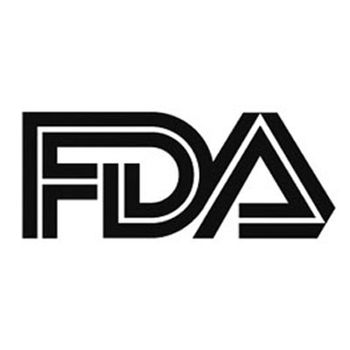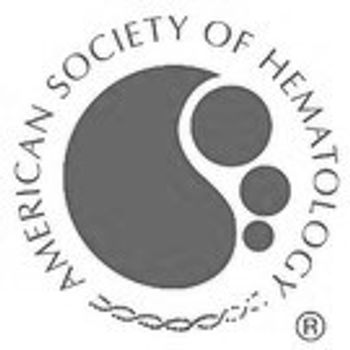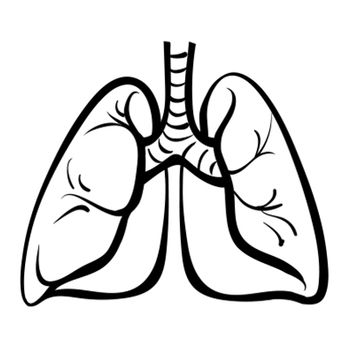
A new drug application for the novel version of the radiopharmaceutical iobenguane I-131 (Azedra) has been granted a priority review by the FDA for the treatment of patients with malignant or recurrent pheochromocytoma or paraganglioma, according to a statement from Progenics Pharmaceuticals, the company developing the novel iodine-131 metaiodobenzylguanidine.







